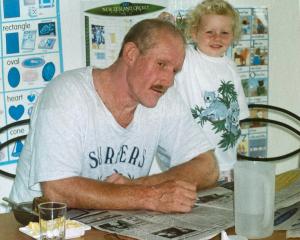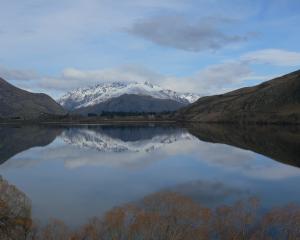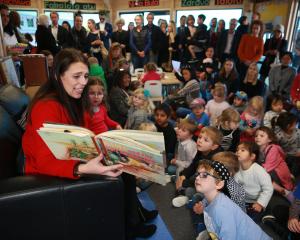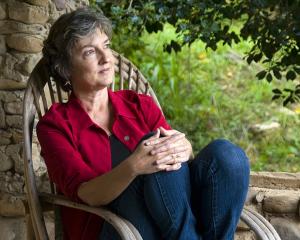''Science values detail, precision, the impersonal, the technical, the lasting, facts, numbers and being right. Journalism values brevity, approximation, the personal, the colloquial, the immediate, stories, words and being right now. There are going to be tensions.'' - Quentin Cooper, of BBC Radio 4's Material World.
Browse Facebook or Twitter and you'll immediately be presented with a deluge of thrilling ''new scientific discoveries''. From the astonishing revelation chocolate can cure cancer to the more sinister claims that vaccines cause autism, fake news has invaded the scientific sphere.
TV, digital radio and the internet provides essentially unlimited information on a wide range of issues. When one takes into consideration the myriad experiments and discoveries made by scientists worldwide daily, it becomes obvious there is a great demand for intelligent and accurate scientific reporting.
Science is no longer holed up in its ivory tower, pored over by dusty academics or the stereotypical ''mad'' scientist in his underground laboratory. Science is a matter for the people. Scientific research, developing technologies and challenges to accepted scientific ''facts'' aren't just relevant to academia. These issues are integral to key political, cultural, economic and social policy discussions.
For example, after a natural or technological disaster like Cyclone Cook or the earthquakes in Christchurch, the media hurtle into action. Usually, they do an excellent job of identifying the cause of the disaster and educating the public about risks.
Consequently, much greater public awareness of such dangers arises, which often accords advocacy groups leverage to press for safety reforms and political action. Scientific solutions can't be implemented until the general public is part of the process.
We need to be prepared to make smart decisions that will contribute to rational policy changes, and to this end, compelling and accurate stories about science and technology need to be published.
Unfortunately, the majority of contemporary scientific journalism is nothing more than ''infotainment''. Scientists will spend more than 10 years on a new vaccination or technology, but once the story is published, it gets the ''BuzzFeed treatment''; a 250-word article, a sensational, bold heading and some outlandish, futuristic picture.
The inordinately hard work behind the scientific discovery will go unrecognised, and the true ramifications of the scientist's work will be twisted into some dramatic catch-phrase that wine aficionados can use to justify their drinking a bottle or two. Hey, didn't you know red wine cures diabetes?
This ''infotainment'' style of science writing seldom challenges the validity of the scientific research study or interrogates its conclusions and implications. Instead, perfunctory comments such as ''This is just a first step and more research is needed'' are tacked on to the end of the articles.
I've had a fraught relationship with scientific truth. As a child, I was ''educated'' under a horrifically sexist, homophobic and ineffective homeschooling programme called Accelerated Christian Education (ACE). According to ACE, evolutionary scientists believe that ''There were only fish. Then one day a fish mysteriously gave birth to a frog. Then there were reptiles. Then there were mammals. Then one day a monkey gave birth to a human and . . . voila! The human race.''
Young-Earth Creationism was a catchy phrase in my house, and global warming was merely a horrific lie conjured up by tree-hugging hippies and leftist brands seeking to financially gain from the environmental push. Escaping ACE and attending high school did wonders for my knowledge and critical analysis skills.
This semester I was fortunate enough to work as an intern with the Science Media Centre of New Zealand (SMC), the country's only trusted, independent source of information for the media on all issues related to science. From writing news stories to interviewing Brian Greene, one of the leading string theorists in the world, it's been a thoroughly exciting and informative adventure.
The SMC runs the Sciblogs science blogging network, the largest science blog network in Australasia. Sciblogs boasts more than 30 scientists blogging about their areas of expertise, and hosts lively discussion of topical science-related issues. It's an excellent place to identify confident science communicators, and I would thoroughly recommend perusing the blog for your daily dose of scientific news.
As journalists, I believe we have an obligation to fairly and accurately report science. We need to do more than merely present the scientific findings. We should question the research process itself, not to mention the implications of the findings and how applicable they are to human life.
The media has largely failed to dispel the fog of misinformation and politicised rhetoric about matters like vaccinations, the teaching of evolution in high schools and global warming. Let's lead the way and thoroughly equip the public to have its say on the issues gripping our world right now.
-Jean Balchin is an English student at the University of Otago.












